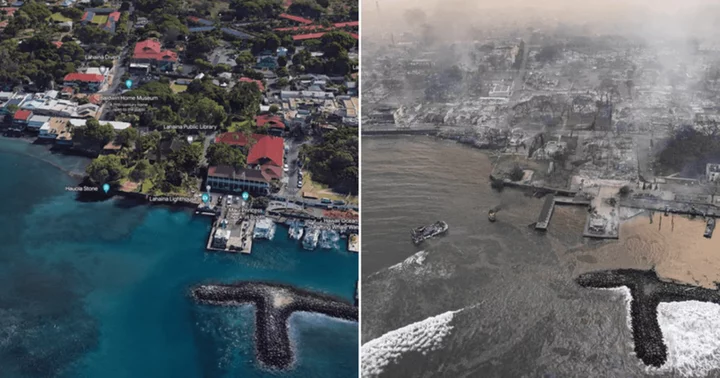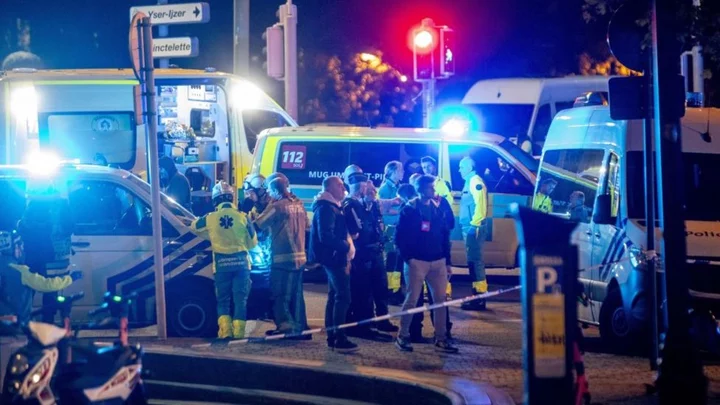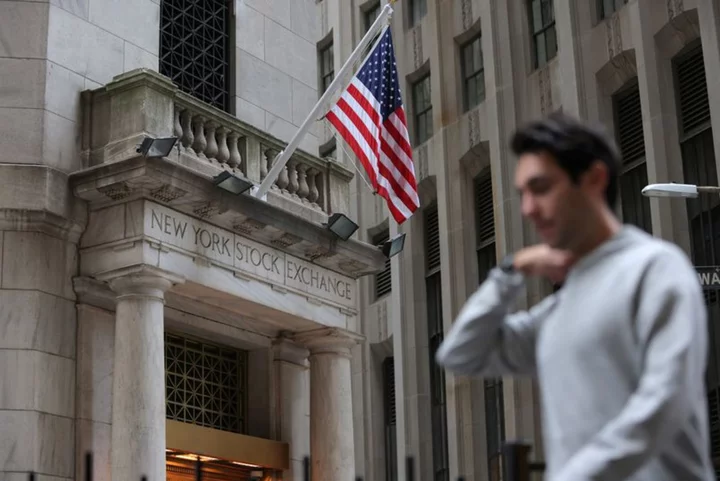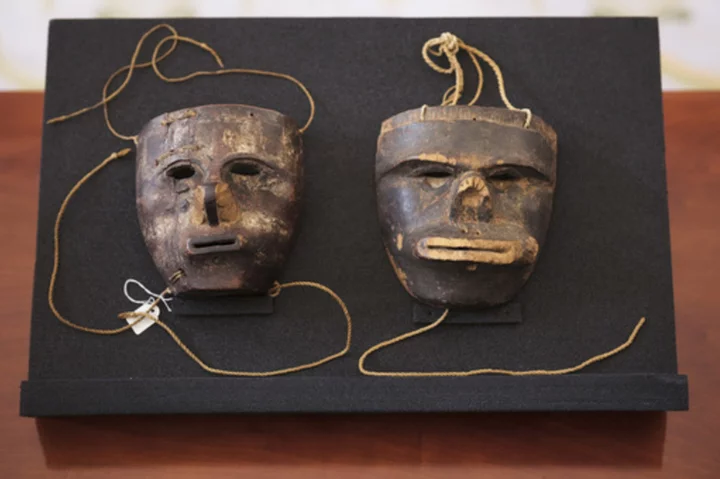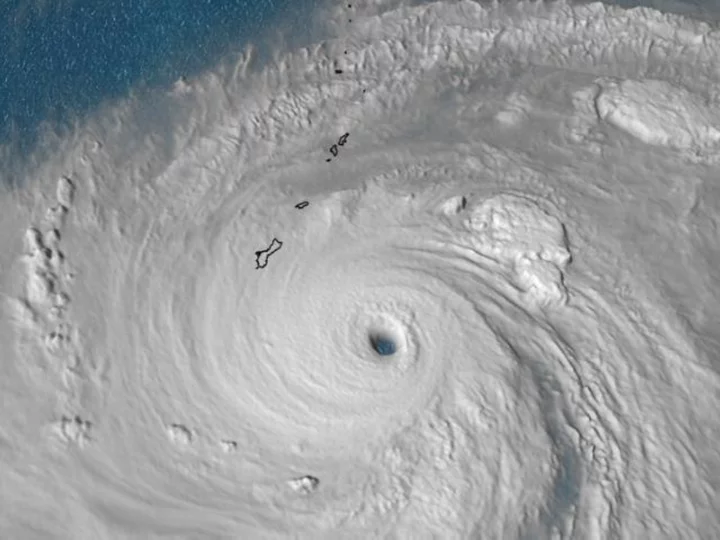MAUI, HAWAII: In a heart-wrenching display of the destruction caused by apocalyptic wildfires, shocking before and after images have exposed the profound impact these infernos have inflicted on the once-idyllic island of Maui.
The aftermath of the Hawaii wildfires paints a harrowing picture of loss, destruction, and a long road to recovery for this picturesque paradise.
Tragedy has unfolded on an unprecedented scale, with several lives lost in the wake of the raging fires, and officials warn that the rebuilding process could span years and cost billions of dollars.
Hawaii fire before and after
The once-vibrant landscapes of Maui now stand scorched and charred, bearing witness to the ferocity of nature's fury. Aerial perspectives reveal the extent of the devastation, portraying vast swaths of land transformed into a haunting tableau of desolation.
These haunting images, captured from above, underscore the immense challenge faced by both authorities and communities alike.
From the ground, a sobering narrative emerges, depicting the heart-wrenching loss of homes, businesses, and lives.
Local residents describe scenes reminiscent of a warzone, with burnt-out buildings and charred trees standing as grim witnesses to the fire's destructive path.
Hawaii fire pictures
One particularly striking image captures the ruins of the historic Waiola Church, which had just celebrated its 200th anniversary in March. The once-proud symbol of heritage and continuity now lies in ruins, a stark reminder of the indiscriminate reach of the flames.
The fire's reach extends beyond structures, touching upon cherished symbols of the island's history. Notably, a historic banyan tree that once stood where King Kamehameha's first palace once stood, an icon of over two centuries, has also succumbed to the blaze.
The loss of these landmarks has left Hawaii Governor Josh Green lamenting, acknowledging the deep emotional and cultural impact of this catastrophe.
"Buildings that we've all enjoyed and celebrated together for decades, for generations, are completely destroyed," he said on Thursday, August 10.
The western coast of Maui has borne the brunt of the disaster, its once-thriving communities now reduced to ash-covered remnants.
Lahaina, a former capital of the Kingdom of Hawaii, has been visited by both the rich and famous, serving as a haven of luxury.
The stark transformation is encapsulated in contrasting images, depicting a fleet of yachts juxtaposed with their skeletal remains in the aftermath of the blaze.
Social media has served as a platform to share the gut-wrenching before and after contrasts of Lahaina's destruction. Buildings that once stood tall amid prosperous trees have vanished, swallowed by the smoke and chaos.
The once-thriving streets and pristine beaches have given way to scorched homes and incinerated vehicles, leaving Maui Mayor Richard Bissen to poignantly express the collective grief of a community in turmoil.
"With lives lost and properties decimated, we are grieving with each other during this inconsolable time," he said.
Hawaii fires death toll
With a heavy heart, local authorities have confirmed the loss of at least 55 lives in the Maui fires at the time of publication, alongside the extensive damage to hundreds of buildings.
Though the blazes have been largely contained, the island now confronts the immense challenge of rebuilding amidst the aftermath's devastation.
At a press conference, Lt Governor Sylvia Luke shared her firsthand account of witnessing the damage that has befallen Lahaina.
"[It] was just so shocking and devastating... The whole town was devastated, the whole town was decimated," she said, adding that "the road to recovery will be long."
Democratic Senator for Hawaii, Brian Schatz, starkly described the fate of Lahaina, which he said has "almost totally burned to the ground."
What caused the Hawaii fires?
While the exact ignition source of the fires remains uncertain, the conditions that led to the disaster are clear.
A combination of prolonged dryness, low humidity, and high winds, exacerbated by a red flag warning for fire risk, set the stage for catastrophic wildfires.
Maj. Gen. Kenneth Hara, adjutant general for the State of Hawaii's Department of Defense, conveyed the interconnected factors that culminated in this tragedy during a press briefing.
"We don't know what actually ignited the fires, but we were made aware in advance by the National Weather Service that we were in a red flag situation—so that's dry conditions for a long time, so the fuel, the trees, and everything, was dry," Hara said on Wednesday, August 9.
"That, along with low humidity and high winds, set the conditions for the wildfires," he added.

